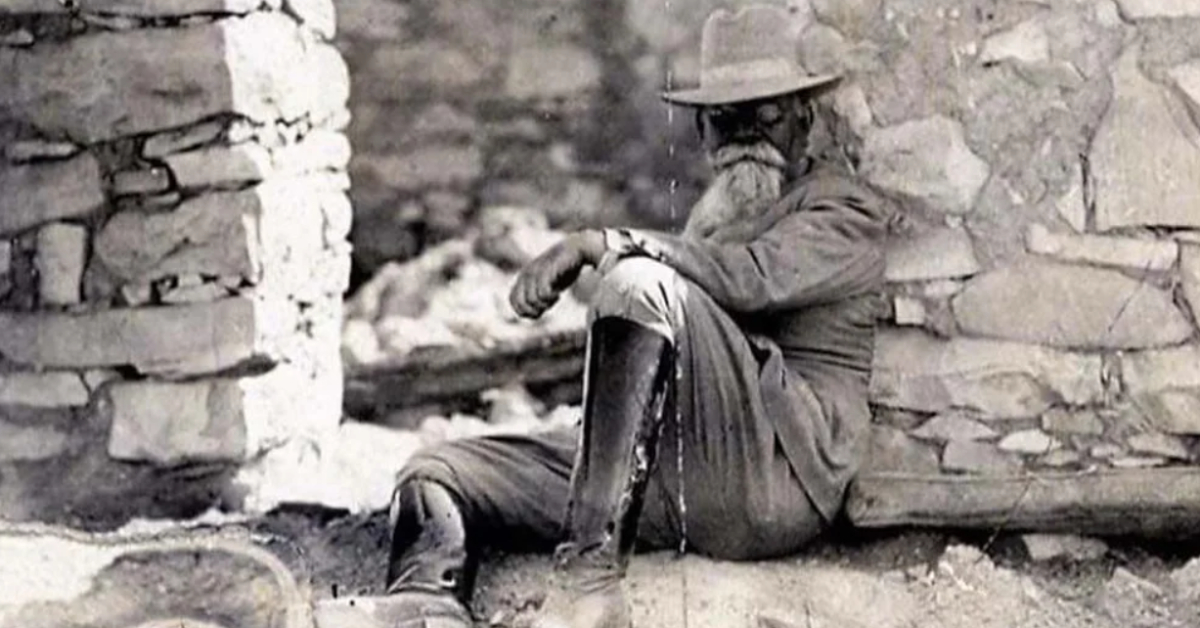This Thursday marks the 108th anniversary of the start of the First World War, which was initially known as The Great War. This war began on July 28, 1914, and the immediate cause of the outbreak of the conflict was the assassination of Archduke Franz Ferdinand, who was heir to the Austro-Hungarian crown, in Sarajevo.
It was because of this that the Austro – Hungarian government declared war on Serbia, which was supported by Russia. From there began the First World War.
At that time, the situation in Mexico was not the best, as it was still in conflict due to the Mexican Revolution, which had broken out four years earlier, in 1910, when the resignation of then-president Porfirio Díaz Mori was demanded. It is believed that the country did not participate in this event, however, there were some defining moments in the international conflict in which Mexico was involved.
There was a telegram that was destined for Mexico. It was January 16, 1917, when World War I was approaching its third year. On that occasion, the London headquarters of the British secret services detected a telegraphic communication. In it, Arthur Zimmermann, who was the German Foreign Minister, instructed the Mexican ambassador to present him with a very seductive, but also very scandalous, proposal.
In the telegram, Berlin offered Mexico support, so that it entered into conflict with the United States, which until then had remained neutral in the First World War. In this way, Mexico could recover the territories of Texas, Arizona, and New Mexico, which in the mid-nineteenth century had been seized from Mexico by the United States.
Mexico had lost more than half of the national territory, in an unjust war, in 1848, and there was enormous resentment against the United States. When there was the offer by Arthur Zimmermann, many people of the time would have thought that the offer to recover the lost territory was very attractive.
The aid from a European country was not disinterested, since it had a very specific purpose. Berlin hoped that with a border war between Mexico and the United States, Washington would be distracted from what was happening in Europe. Everyone knew that if the United States and its enormous economic resources intervened in World War I, all was lost for Germany.
In those years, Venustiano Carranza was president and occupied the Chapultepec Castle, which for many years served as the official residence of the presidents, until with Lázaro Cárdenas this changed, and Los Pinos became the presidential residence, however, the current president, Andrés Manuel López Obrador, changed this and moved to the National Palace, in the Historic Center of the Mexican capital.
Carranza was a man of few words, who had adopted an ambiguous position in the world conflict, without fully enrolling in one side or the other. There were many meetings in the government palaces and diplomatic precincts of the Mexican capital, in which the envoys of the different European nations tried to guess the next step that Carranza would take.
Nobody knows the details of how the decision was made, but the fact is that the then-Mexican president rejected Zimmermann’s proposal. He overcame the prudence to avoid an armed conflict against the United States, which even with German help, could possibly have been catastrophic for Mexico.
The problem did not end there. As Carranza received the supposedly secret telegram from the Germans, British spies were reading its contents. They had intercepted the submarine cable by which the messages were sent across the Atlantic. Thanks to a code book salvaged from a German warship wreck, they knew how to decipher what was said.
The British government did not take long to notify the United States of what was happening, and days later it was leaked to the press. American public opinion, which for the first three years of the conflict had supported neutrality, turned its fury against Germany.
Finally, on April 2, 1917, less than three months after Germany extended its offer to Mexico, the United States declared war on the German Empire, precisely what Zimmermann had tried to avoid with the intended conflict between Mexico and the United States.
This Thursday marks the 108th anniversary of the start of the First World War, which was initially known as The Great War. This war . . .











